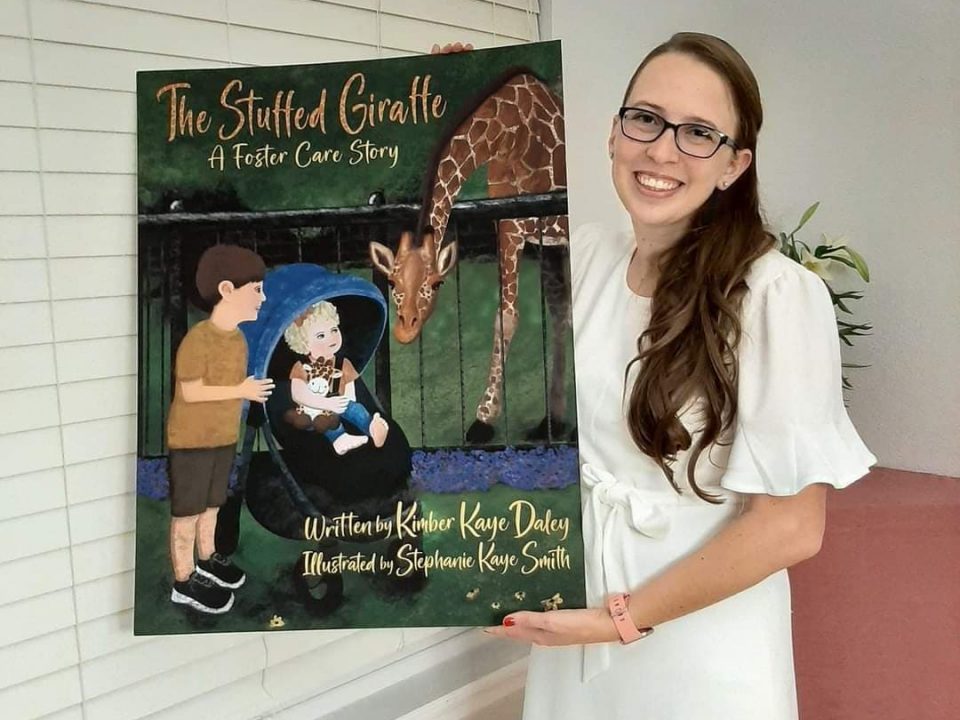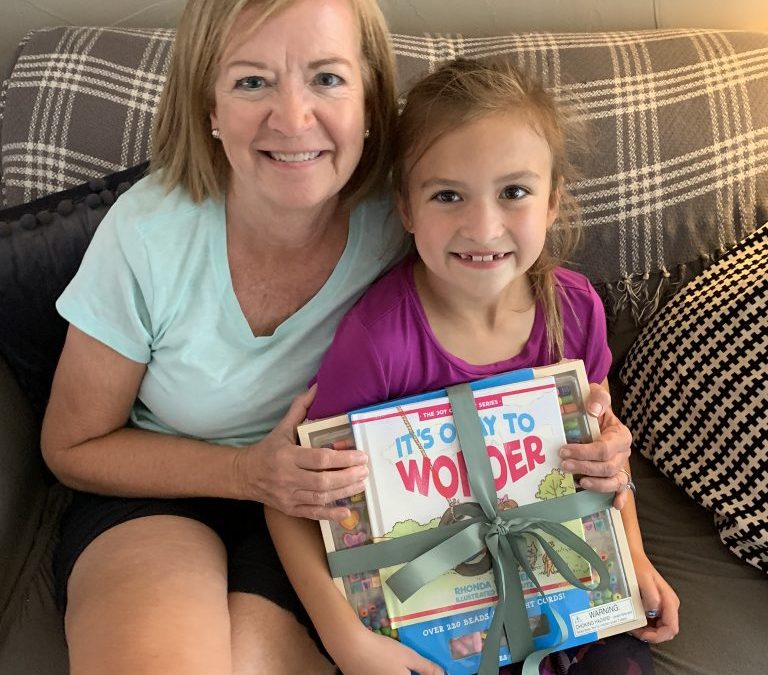
An Interview with Rhonda Wagner
When Rhonda Wagner’s daughter and son-and-law decided to foster, she was worried about how foster care might affect her grandchild. Her concerns led her to write It’s Okay to Wonder, the first in a series of children’s books to help the biological children in foster families deal with their feelings about foster care. A child whose family is thinking about fostering can relate to Avery, a girl who wants to know what having a new foster sister or brother will be like. Through the course of the book, she learns not to worry about her mixed-up feelings and realizes it’s okay for her to wonder.
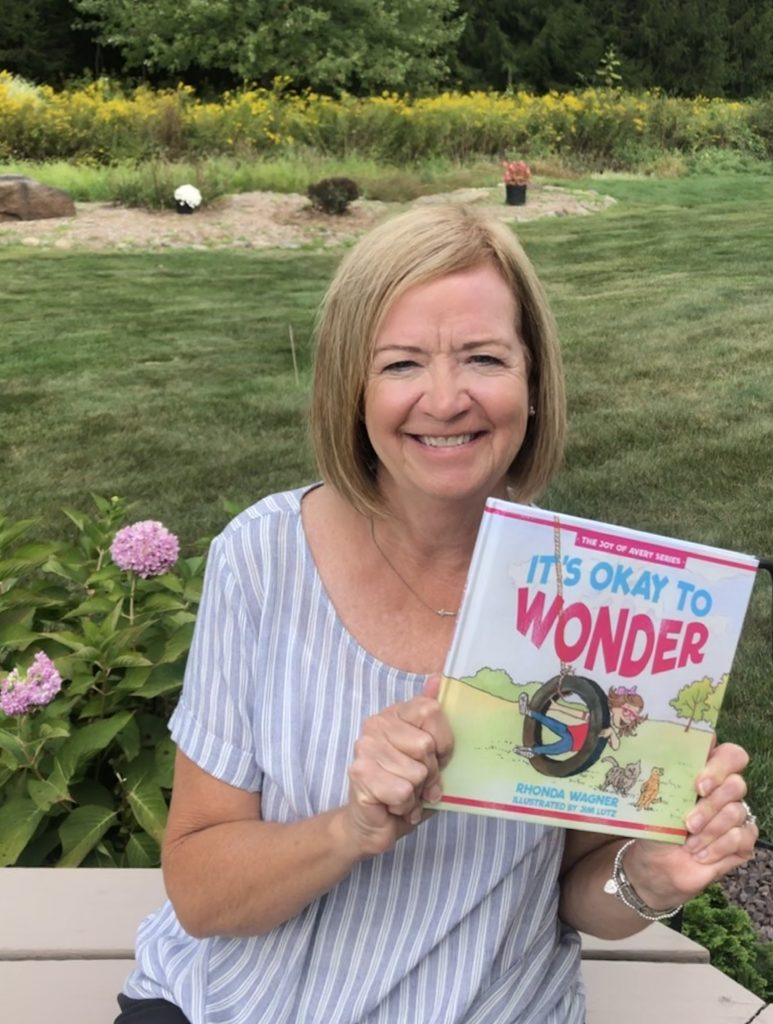
After reading the book, we wanted to know more about Rhonda Wagner’s experience as a foster grandmother. She graciously answered our questions, and we think her story will inspire you!
What inspired you to write a book about a child whose biological family is preparing to become a foster family?
My younger daughter and son-in-law decided to become licensed in foster care four years ago when their daughter was nearly four years old. I had concerns at the time as to what impact fostering might have on my granddaughter. How hard might it be for Avery to deal with the coming and going of children in their home? Would this lifestyle have a negative impact on her? I looked for a help source among children’s books to address my concerns – something that would speak to her at a child’s level of understanding. I found nothing. It was shortly after that time that I began to feel what I call “Holy Spirit nudges” to write the book myself.
What has been your experience with the foster system?
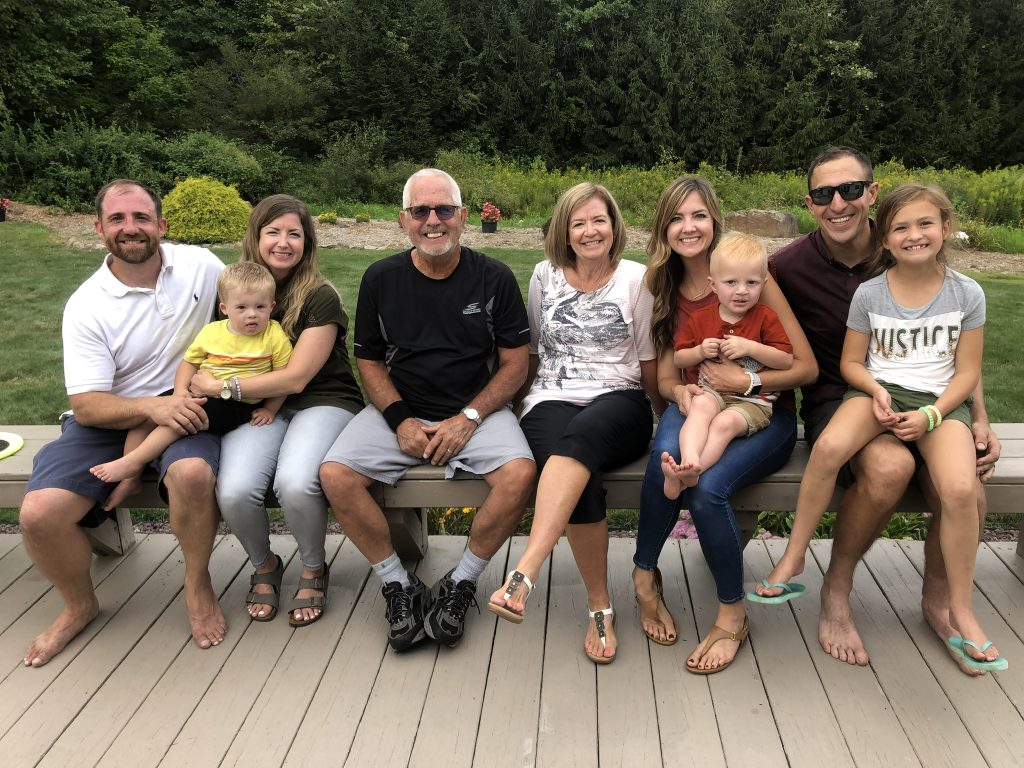
Lisa and JJ have opened their home and their hearts to five children via the foster care system, not including respite care provided to many others. During this time, Avery has experienced a foster sibling being reunified with a birth family and two foster siblings leaving their home to go into kin placements. She has also experienced adoption where a foster sibling became a forever sibling. And, it appears that she will be gaining another forever sibling soon. Of course, as Nana to all of these children (foster and forever), I have had these experiences as well, but I see how my heart has grown in a way to love bigger than I ever could have imagined. Most people say, “Oh, I could never foster! It would hurt too much to see them go.” It does hurt, but the sacrifice of one’s own heart in order to meet the child’s need for love and care is worth it. To know that you helped meet that child’s needs when it mattered most is heart filling.
Tell us about how you developed Avery’s character.
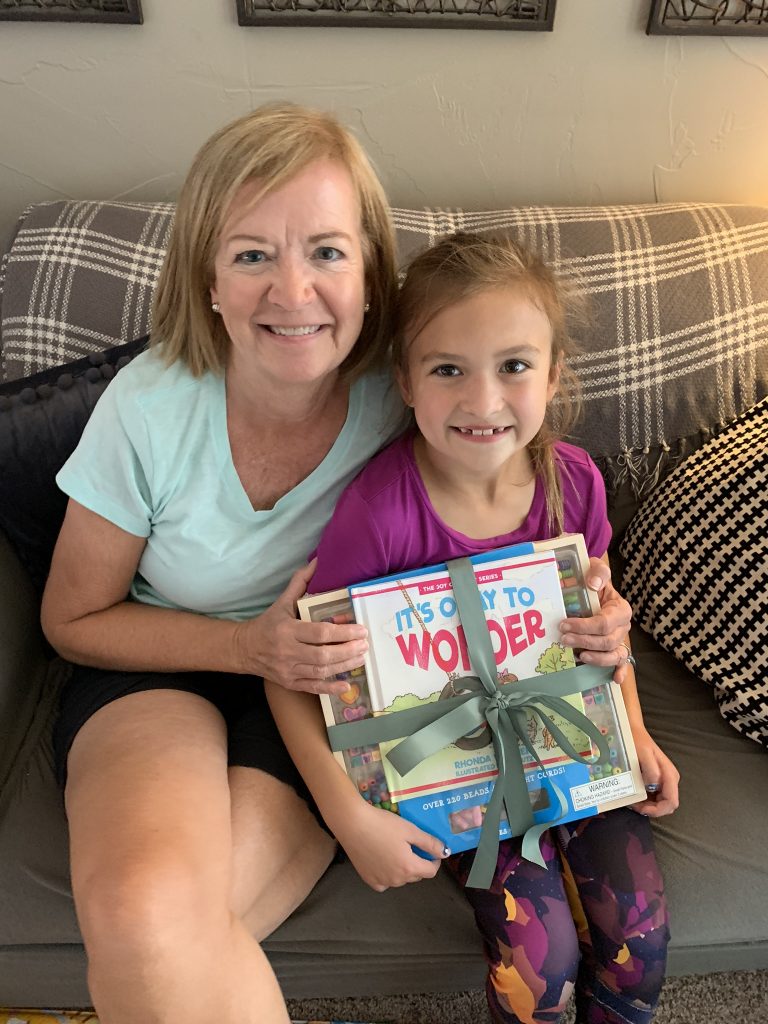
Avery is based on a child I know – one that I love dearly, my granddaughter. Many characteristics of Avery in the book are the same as the real-life Avery. She has a personality that fills a room. She is very loquacious (which means talkative, chatty) and this unlikely children’s book word found its way into the book as a result of a candy wrapper that real-life Avery opened. It read, “Be more loquacious!” After looking up the word’s meaning, I immediately said, “Oh, no, Avery! You do not need to be more loquacious!” She is fun loving with abounding energy, but is also a worrier. Her parents and grandparents both try to coach her through her worries, and that is brought up in the book as well.
In this book, the grandparents play a key role in Avery’s life preparing her to be a foster sister. How do you feel extended family is important to a foster family?
This is a great question. Extended family can have a huge impact. In our family’s case, both sides of the family (grandparents and aunts and uncles) have risen to the occasion, and from the beginning have simply loved on and treated all of the foster children as family. They are welcomed into the family with gifts. Birthdays are celebrated big, and the gift giving at Christmas is no different with foster or forever children. Needs to babysit are met with the same significance, too. You either jump in as extended family like this, or you will be left behind. We are very lucky that both sides of the family see the significance of being involved.
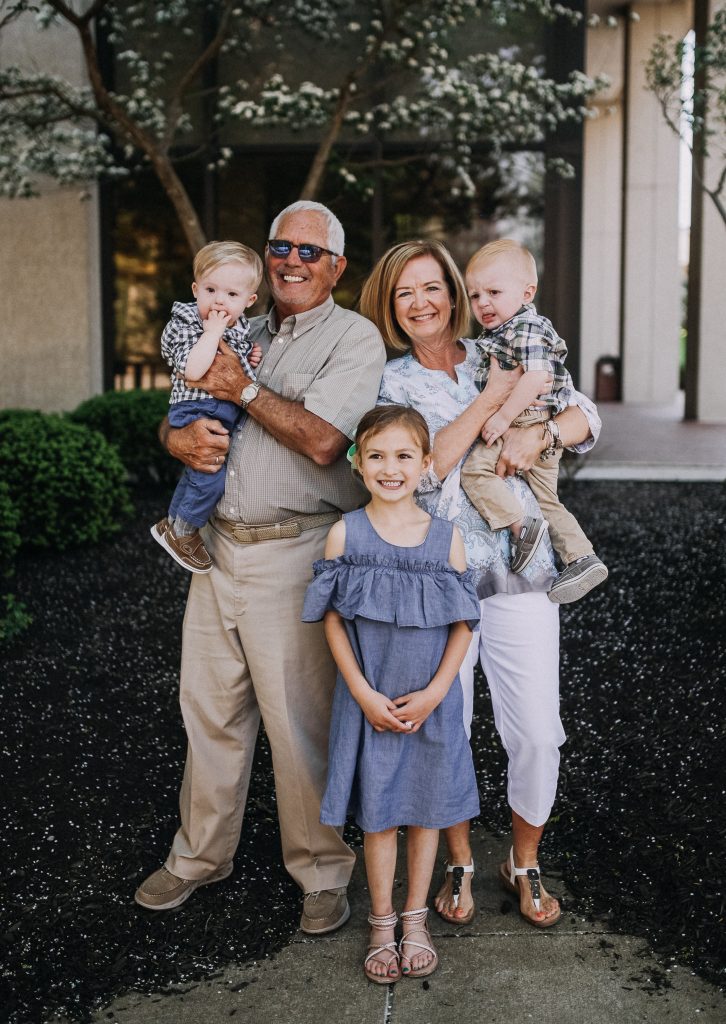
Faith is also an important element in this story. How do you feel faith might influence a family’s experience with the foster system?
Faith is what brought Lisa and JJ to foster care. Faith is what carries us all through the joys, pains, brokenness, and redemption found in this arena. We can’t avoid the pains found within foster care. Hurts are everywhere. But, knowing that ultimately God is in control is how they and their extended family members are able to continue opening our hearts to love.
My main hope for this book is that both the hearts of parents going into foster care and the hearts of their children are reassured that they can do this. They can dare to be different. They are a team, and need to have open conversations about how life will change with a foster child in the home. Conversation Starters are included at the back of the book to help parents get started.
The book is part of a series called “The Joy of Avery.” What are your plans for this series?
Yes, the first book, It’s Okay to Wonder, is about Avery wondering what it will be like to become a foster family. She has many concerns – some that are extremely far-fetched, such as dinnertime rules, and having to eat 27 green beans on Tuesdays!
The story within the second book will be when the first foster child comes to their home, and the new concerns and lessons learned that Avery has a result of that. My hope is to have at least a four-book series that covers various placement outcomes of the foster siblings that Avery grows to love.
It’s Okay to Wonder is available for purchase on-line through Amazon or Barnes & Noble, or via the website www.rhondawagnerbook.com.
Agencies that would like to purchase in bulk (15 or more) can do so at a discounted wholesale price via www.lucidbooksbulk.com.

